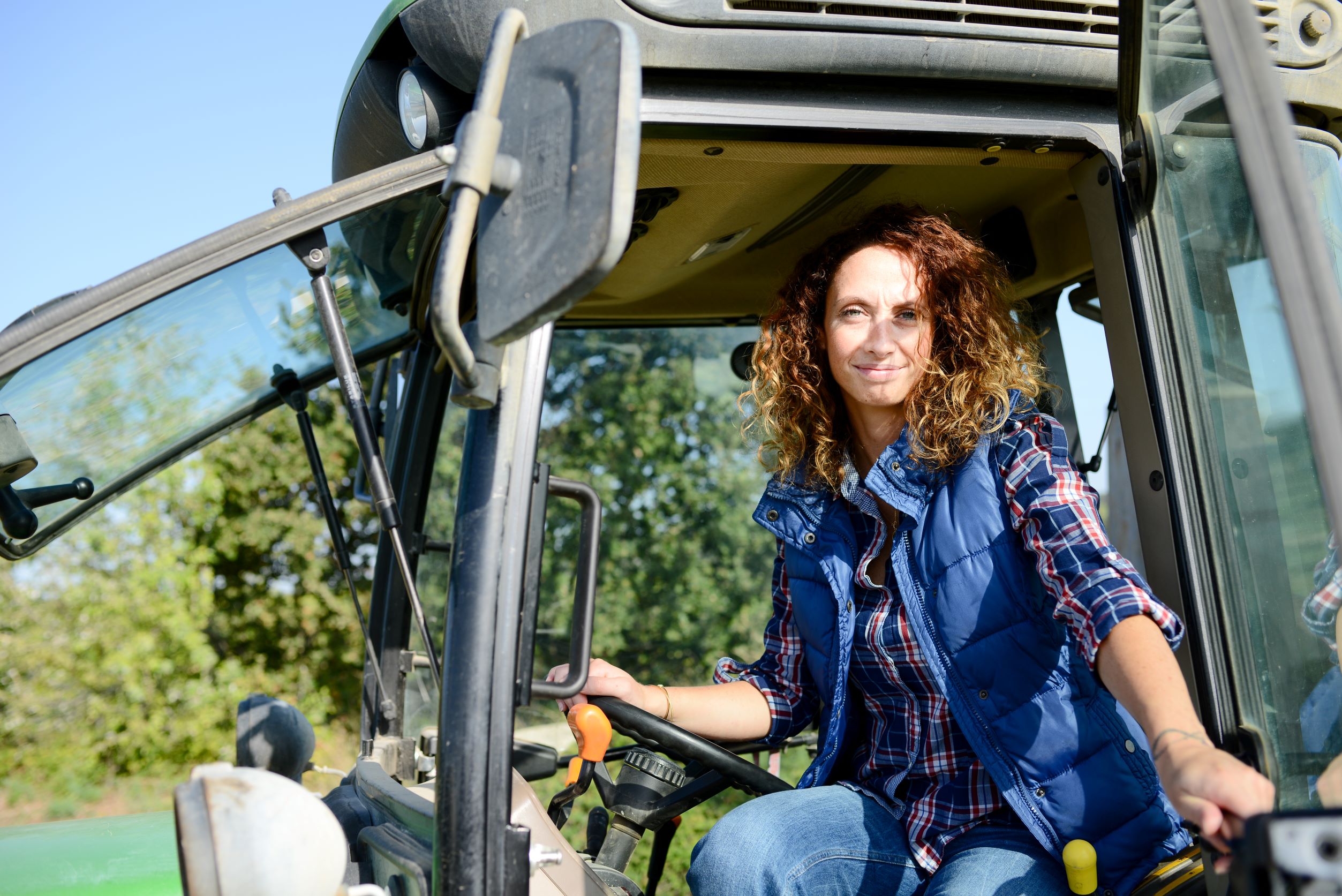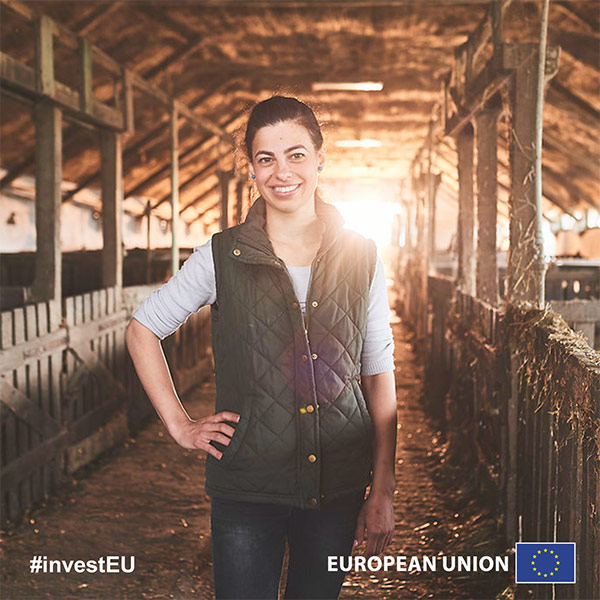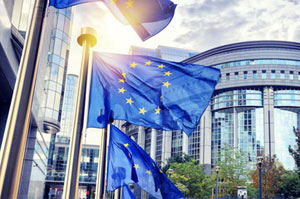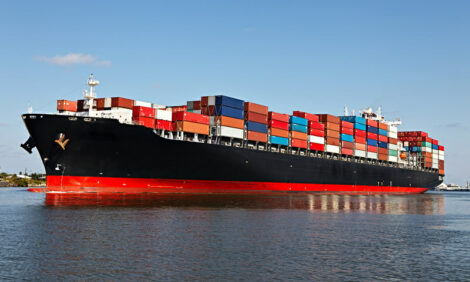



Opinion - "despite its commitment to gender equality, not enough has been done to mainstream gender across the EU’s policy making"
Lotte Folkesson, Chairwoman of Copa and Cogeca's women's committee celebrated, Rural Women's Day on 15 October and is calling on the European agriculture community to celebrate the role women play in sustainable farming.We are facing a number of global and societal challenges today. Climate change is threatening our environmental and social ecosystems.

Furthermore, after decades of paying lip service to building a gender equitable society, we must become aware of and counter the gender blindness that is apparent in many of the EU’s strategies. The European Green Deal is setting the course for a transformation of the European Union that leaves no person and no place behind, yet the Court of Auditors highlights in its Special Report how, despite its commitment to gender equality, not enough has been done to mainstream gender across the EU’s policy making.
Gender mainstreaming means that a gender perspective is integrated into the whole policy-making process in order to promote equality between women and men.
It requires a cross-sectorial approach. Women in rural areas often have more difficult access to the labor market, investment, and training. In addition, the lack of infrastructure and services often puts them at a further disadvantage than women in urban areas.
Former MEP Marina Yannakoudakis said, “The climate is the same for males and females, so far as I know. When it rains, we all get wet”, in response to a European Parliament report that highlighted how woman faced a higher risk regarding the effects of global warming. What Ms Yannakoudakis failed to recognize however, was that not everyone has the tools to provide shelter from the rain, or the resources to protect themselves from the changes in climate.
Agriculture has stereotypically been a male dominated sector, yet women, as either owners, employees or assisting spouses, have always played an important yet often invisible role.

Whilst more recognition and policy objectives are steering towards more support for women, more still needs to be done, not only to make agriculture an attractive career path, but also to ensure that we are supporting female-led entrepreneurship in rural areas. For the first time, gender equality is one of the objectives in the CAP Strategic Plans, which will require all member states to identify and address the challenges. We talk about the green and digital transformation as opportunities for women, but this needs to be backed up with concrete measures in both policy, infrastructure and budget.
We all have a role to play in gender equality. As farmer organizations and cooperatives, we must ensure that we ourselves are inclusive for everyone working in the agriculture and forestry sector. We can ask ourselves whether we are doing enough to support the involvement of women farmers at all levels of our sector. We need to show the diversity of EU agriculture, and in order to do so, we need to showcase the diversity of its workforce.
At the beginning of this year, we held the award ceremony for our women farmers innovation award. It is a biennial award that first began in 2010 to highlight the contribution women make towards rural development, farming and forestry. This year's finalists showcase how women farmers are driving climate innovation on their farms, and I take great pleasure in sharing this booklet of inspiring and innovative approaches women take in their businesses across Europe.

As Chairwoman of the Copa and Cogeca women’s committee, I am proud to work alongside inspiring and influential women working in the agricultural sector, and I hope that you will join me in celebrating this day of unbroken importance. Together we can work towards a better tomorrow for European rural women and farmers.
Share your experiences and photos with the hashtag #ruralwomeneu
Words: Lotte Folkesson


